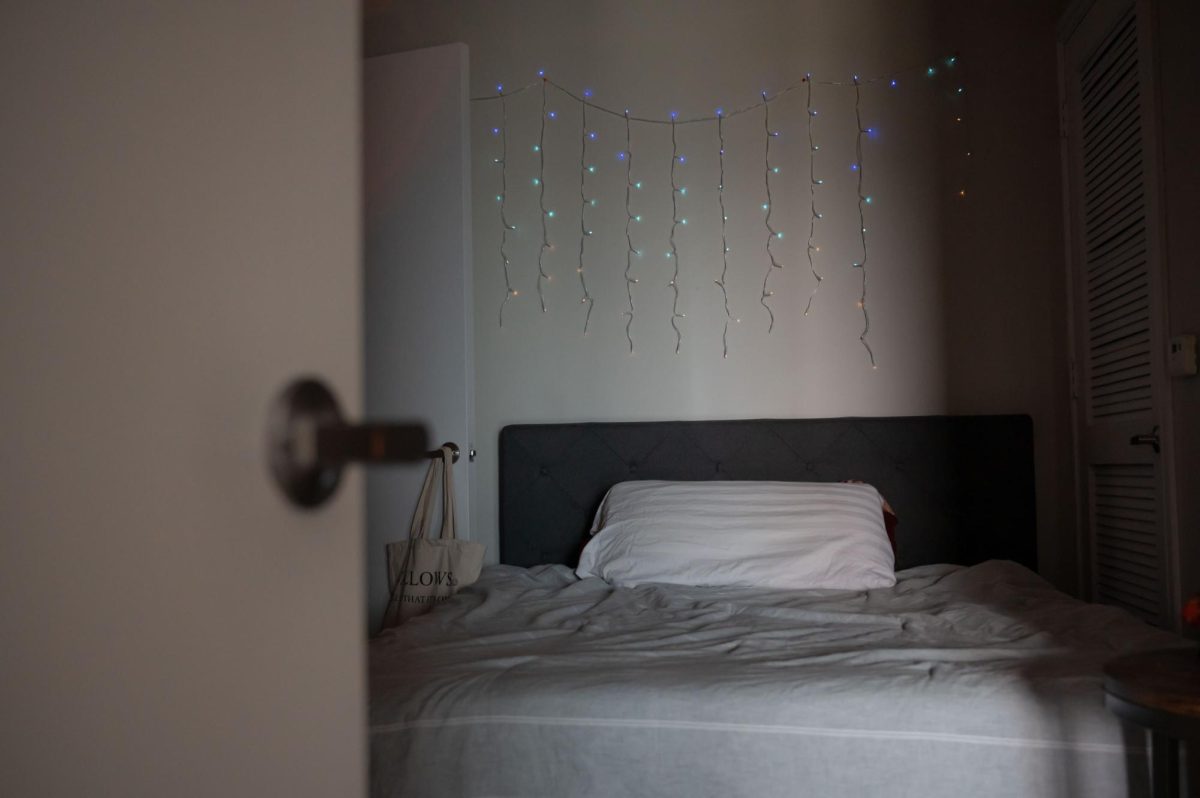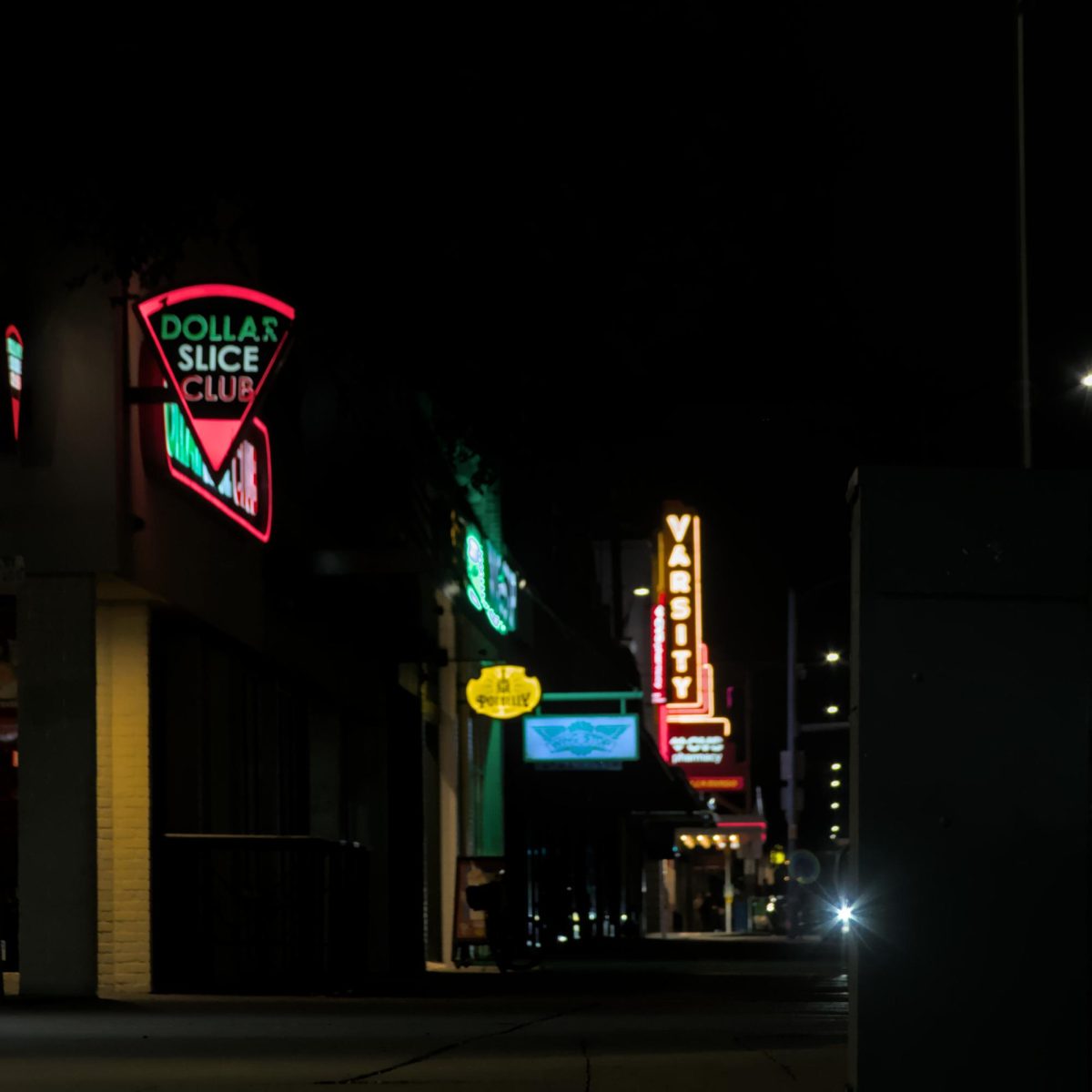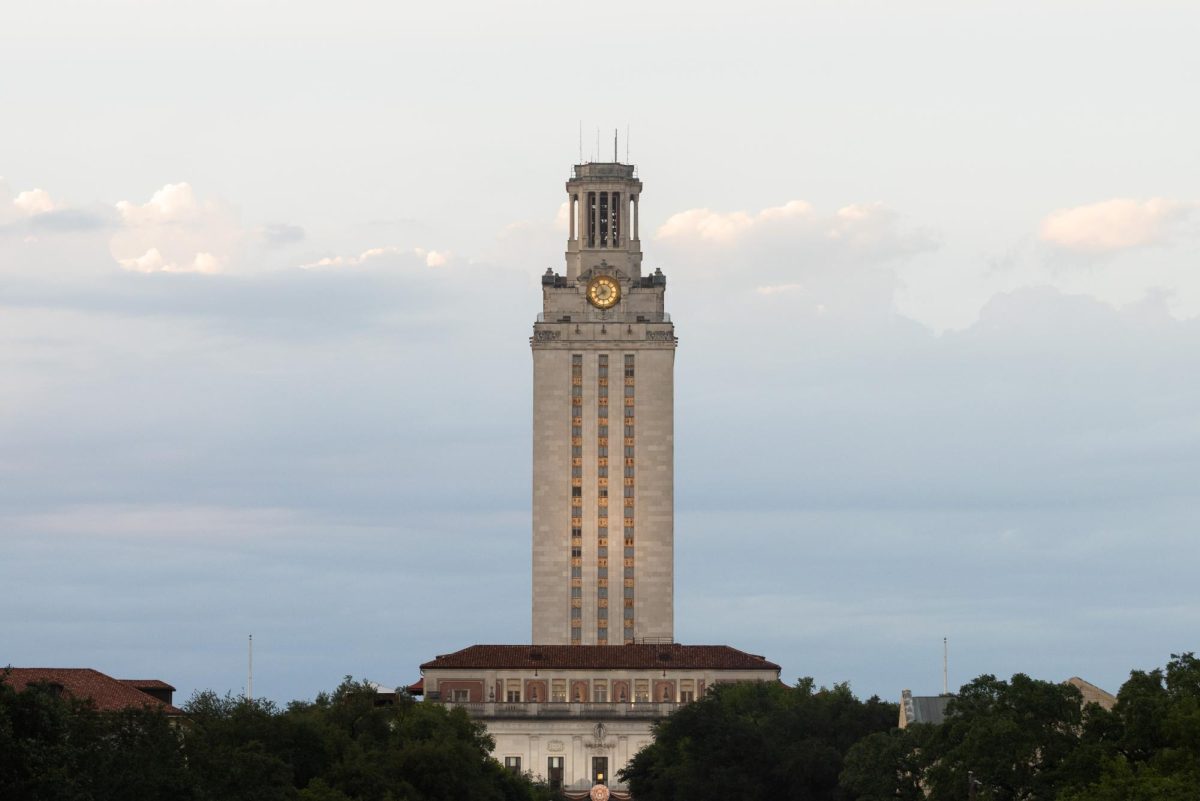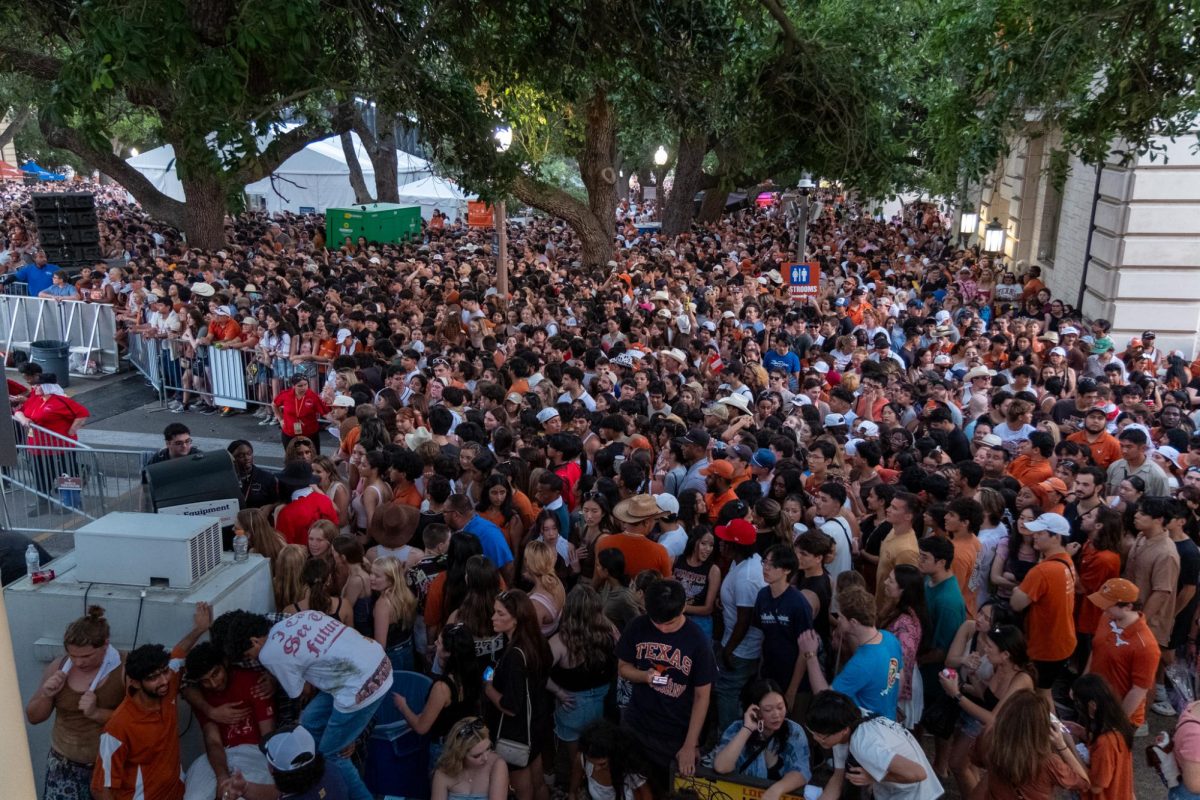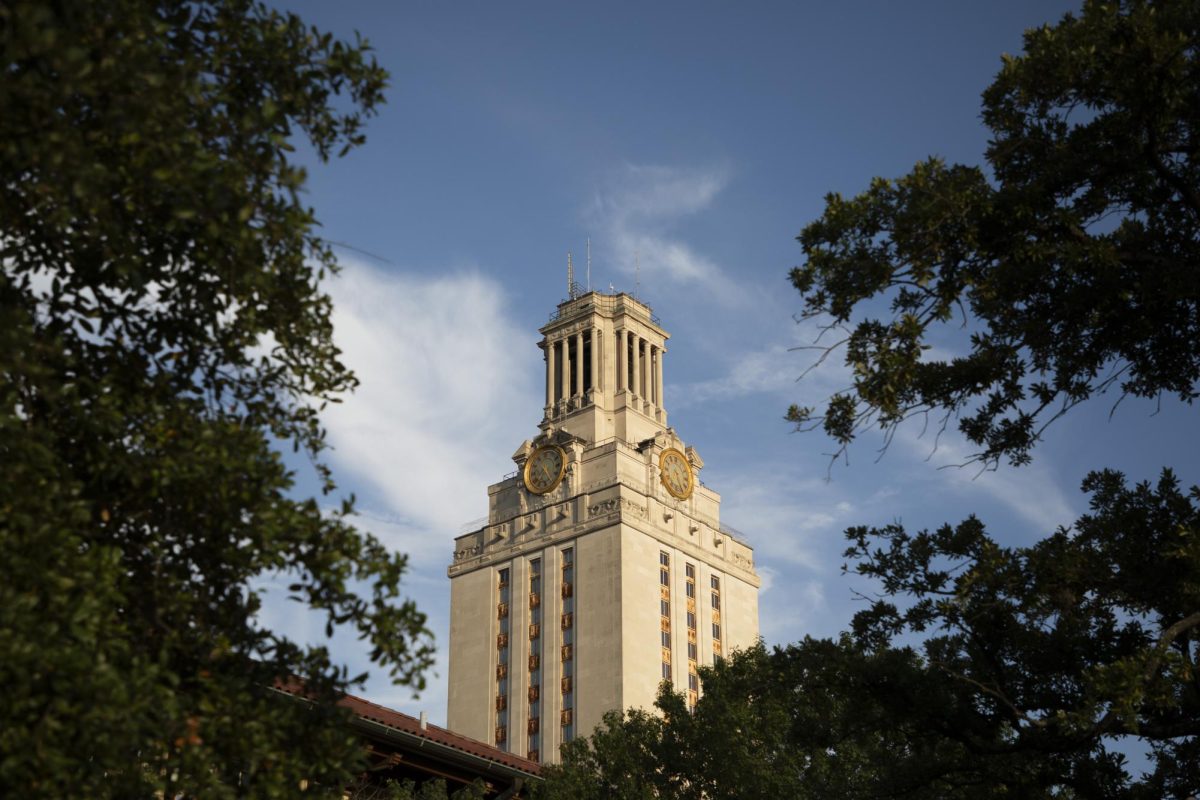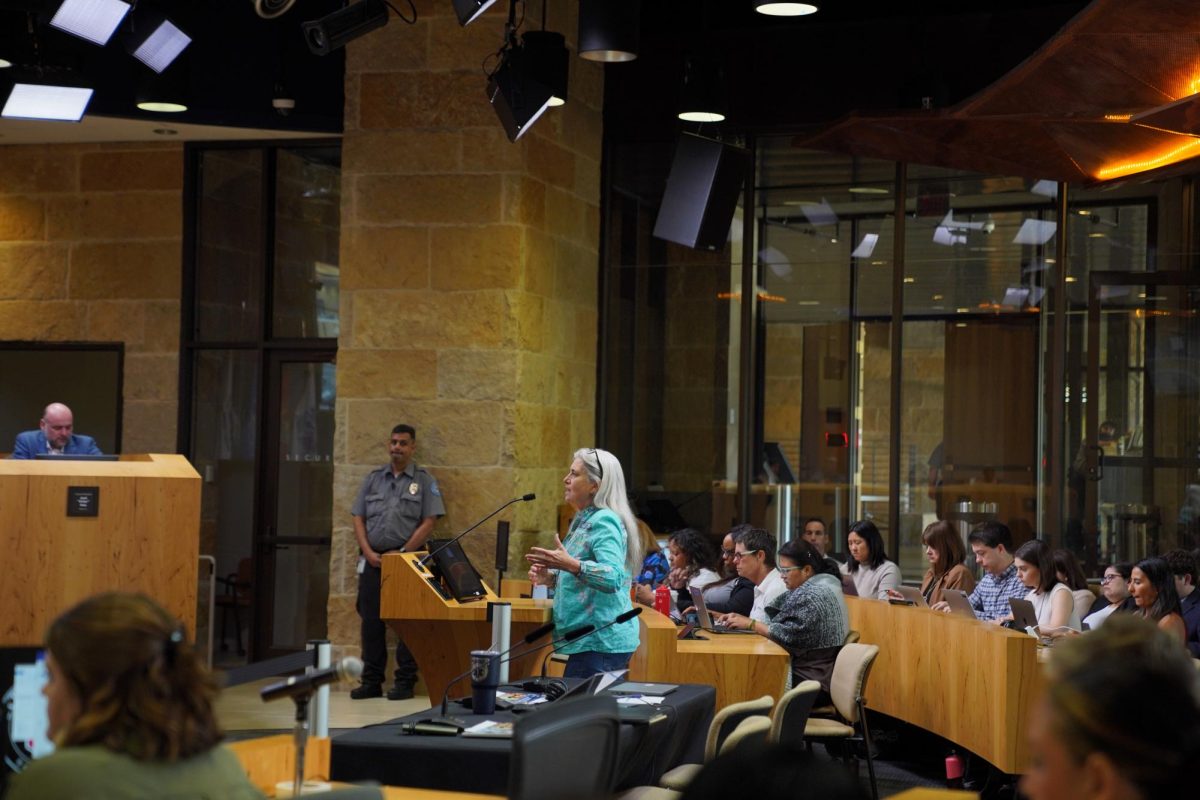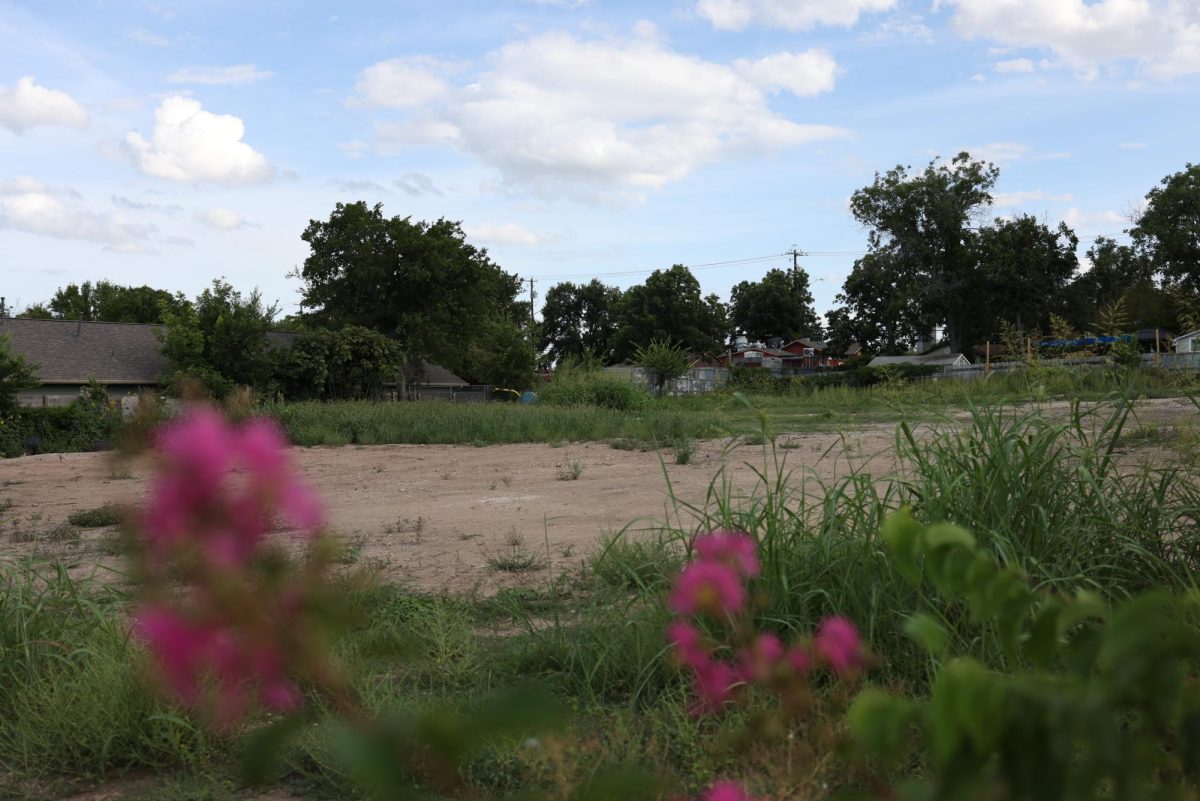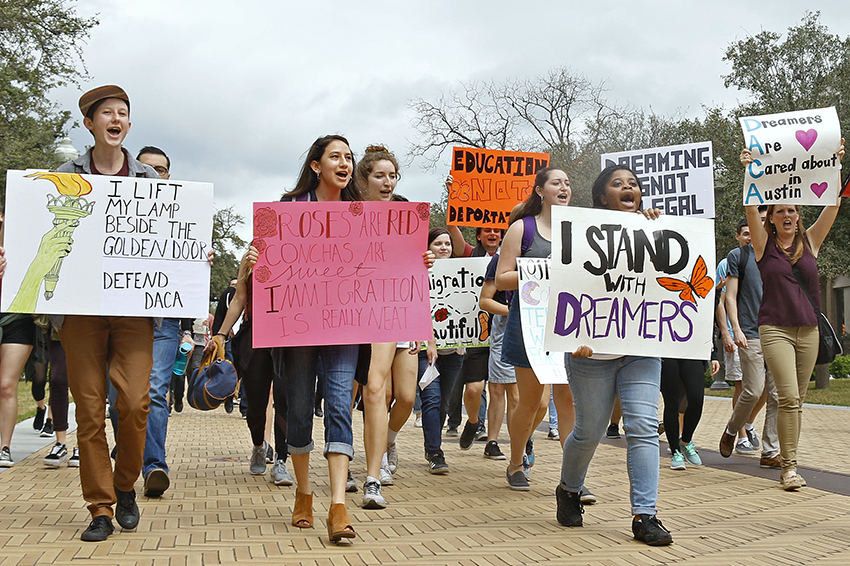The Austin City Council approved a resolution yesterday requiring access to natural light in all newly constructed bedrooms in Austin after UT community members started a campaign this summer against windowless housing in West Campus.
The University’s Undergraduate Architecture Student Council sent a letter to the City Council on Sept. 1, urging them to address a building code oversight that allows windowless bedrooms. UASC equity and inclusion director Kayla Quilantang said the student council opened a petition on Aug. 29 and in three days over 800 people signed in support of a windowless housing ban in Austin.
Council Member Zo Qadri, who represents West Campus, proposed the resolution to the City Council after receiving the letter.
“I’m very thankful for (the letter) and the voices of students and stakeholders,” Qadri said. “This is an issue that very much affects UT students, … but it’s (also) an issue that we’ve seen throughout the city.”
Quilantang said the initiative started this summer after University alumnus Roosh Bhosale’s thesis found that students living in windowless bedrooms have poorer psychological, social and physical well-being. Additionally, Quilantang said students from low-income backgrounds are more likely to occupy these bedrooms, as many SMART Housing options lack windows.
“Developers in West Campus have basically been using (windowless housing) as a profit loophole knowing that it’s unhealthy for students, that it causes depression and claustrophobia,” Quilantang said.
The City of Austin follows the 2021 version of the International Building Code, which states every space intended for human occupancy must be provided with natural light by means of “exterior glazed openings” or be provided with artificial light. Architecture professor Juan Miró, an advocate against windowless housing, said this language creates a loophole that allows builders to construct windowless bedrooms.
Miró said some cities like Chicago amended the IBC section to clarify that rooms must include access to natural and artificial light, but Austin has not done this.
“The moment I learned that I had students living in windowless rooms, I thought that it was impossible,” Miró said. “We are discussing something that should be a nonissue.”
According to data collected by Miró from six West Campus apartments, over 50% of bedrooms in the Villas on Rio lack windows, as do about 35% of bedrooms in Ion Apartments and about 28% of bedrooms in Legacy on Rio. Miró said windowless rooms are becoming common in West Campus because builders continue to take advantage of the loophole, often charging more rent for windowed rooms.
Bhosale said living in a windowless bedroom influenced his thesis topic, as the lack of natural light negatively impacted his mental health. He said he realized this was a universal issue after conducting interviews with students in windowless rooms and analyzing different well-being indicators, like sleep and ability to connect with others.
Bhosale said it was unfortunate that so many students also reported poor well-being, but it’s affirming to have statistical evidence supporting what he and others experienced.
“It’s something that freshman and sophomore year I was really angry about. … I really had no way of mobilizing people or doing anything about it,” Bhosale said. “Seeing this whole movement come out of (the thesis) has been incredible, and I’m so excited that students care, that students are saying this is unacceptable and holding developers and the city accountable.”
Qadri said the city staff will get back to the council soon about the resolution’s next steps.
“The key is a large quantity of voices and a large diversity of voices,” Quilantang said. “That’s the kind of motivation that we needed to push for change.”



